The federal government has unveiled a comprehensive policy on non-state schools, outlining clear guidelines for their infrastructure, teacher quality, curriculum delivery, and stronger accountability measures.
The Minister of Education, Tunji Alausa, during the unveiling, said the policy unveiled in Abuja aims to ensure quality and accountability in the education sector by establishing clear guidelines for non-state schools.
The policy was supported by the Foreign, Commonwealth and Development Office (FCDO) of Partnership for Learning for All in Nigeria (PLANE).
Mr Alausa said the policy was part of President Bola Tinubu’s broader National Education Sector Renewal Initiative (NESRI), which prioritises education as a cornerstone of national development.
He emphasised the crucial role of non-state schools in meeting Nigeria’s growing demand for education.
He said, “By harnessing the potential of non-state schools, we can increase access to quality education, improve learning outcomes, and promote economic growth. The policy outlines clear guidelines for non-state schools, including standards for infrastructure, teacher quality, and curriculum delivery. It also provides a framework for collaboration between non-state schools and the government, ensuring that we can work together to achieve our education goal.’’
The minister said that data showed that between 2017 and 2022, the number of non-state schools grew by approximately 39 percent, compared to much lower growth rates for government-run primary and junior secondary schools, which expanded by only 3.5 percent and 6.3 percent, respectively.
He added, “As our population continues to grow, non-state schools are helping to fill the gap. While we appreciate their role, we are determined to ensure better regulation, accountability, and support so they can deliver higher-quality education to our children.’’
Mr Alausa also announced practical support and incentives for private school operators, among which are indirect reimbursement for enrolling out-of-school children, with implementation targeted for the 2025–2026 school session.
Also, he said direct grants and vouchers through the Universal Basic Education Commission (UBEC) to support privately owned early childhood development centres would be granted to non-state schools.
Also speaking, the Senior Education Adviser, British Council, Ian Attfield, commended Nigeria for taking critical steps to address the needs of millions of learners underserved by the public system.
Mr Attfield traced the long history of collaboration on non-state education, referencing early research that brought global attention to Nigeria’s sprawling network of unregistered private schools.
He noted, “I think back to the early 2000s, when UK academic Professor James Tooley wrote ‘The Beautiful Tree,’ documenting what was then a discovery for outsiders. Though well known locally, the mushrooming private schools are operating beyond the oversight of the government. That research highlighted a basic economic reality when demand for education outstrips government provision.’’
He said that alternative forms of schooling emerge organically, saying that over the last 30 to 40 years, Nigeria’s explosive urban growth from cities like Lagos, which had 250,000 residents in 1960 and now exceeds 15 million, has far outpaced the expansion of public education.
He said that the UK had worked extensively in Nigeria to develop progressive policies and partnerships aimed at expanding affordable, quality education, noting that regulation remained essential.
The Registrar, Teachers Registration Council of Nigeria (TRCN), Ronke Soyombo, stated that a survey carried out by the council showed that over 85 percent of persons in the teaching profession are not registered.
Ms Soyombo said with such a policy, non-state school teachers would now be registered, certified, and licensed by the TRCN.
She said, “In readiness to address the implementation of the non-state school’s policy, the TRCN are taking a number of steps and working very hard to make registration, certification, and licensing seamless for the non-state school teachers across the country.’’
The policy includes quality assurance, ensuring that non-state schools meet minimum standards for infrastructure, teacher quality, and curriculum delivery.
Also, the policy will hold non-state schools accountable for their performance and ensure that they are transparent in their operations.
Non-state schools include faith-based schools, private schools, home schooling, tutorial/assault learning centres, voluntary/charity schools and community schools.
Share this post
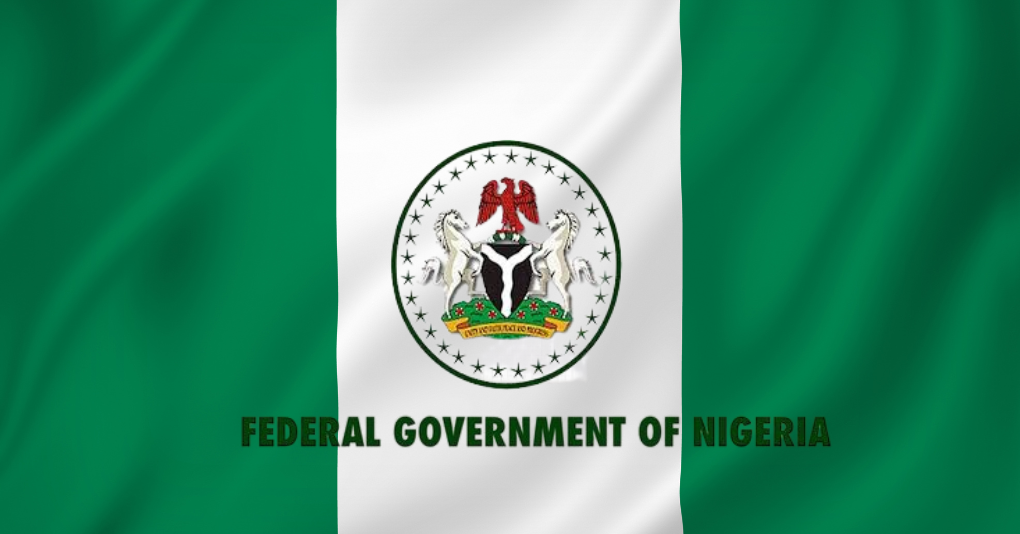
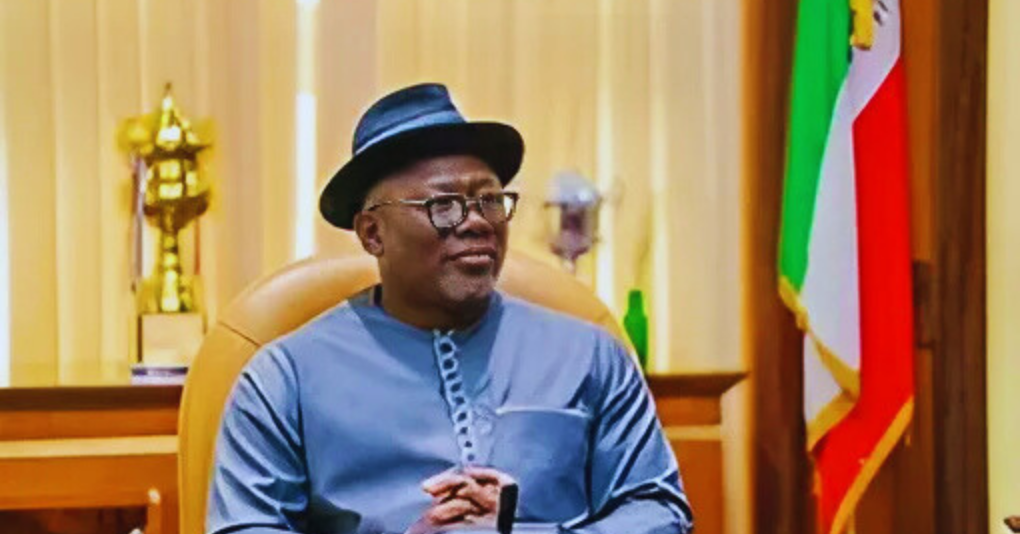
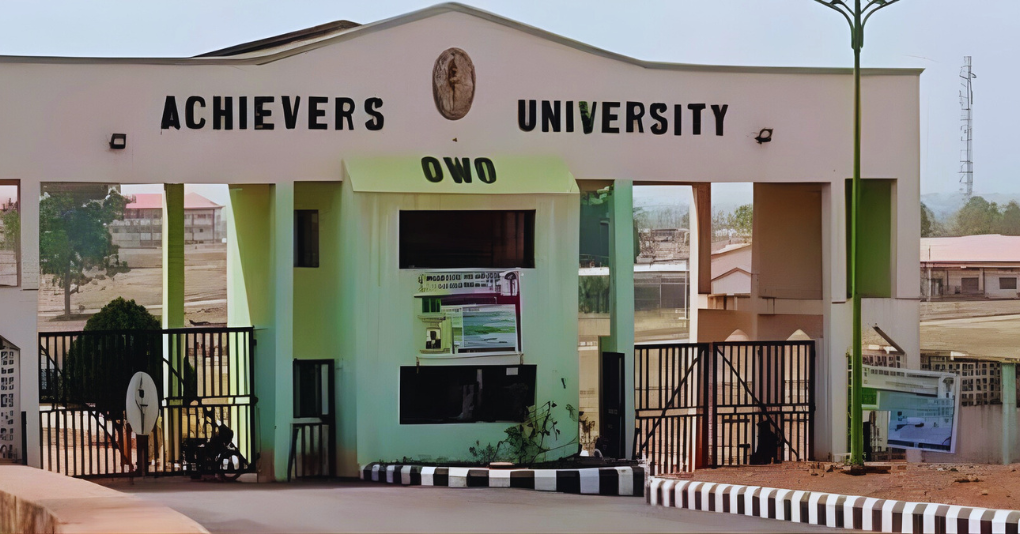
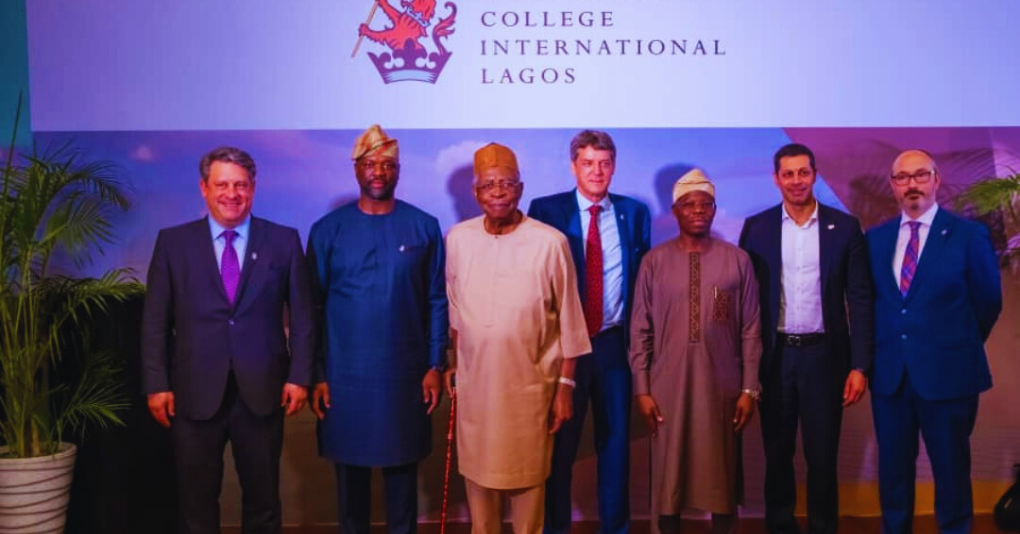
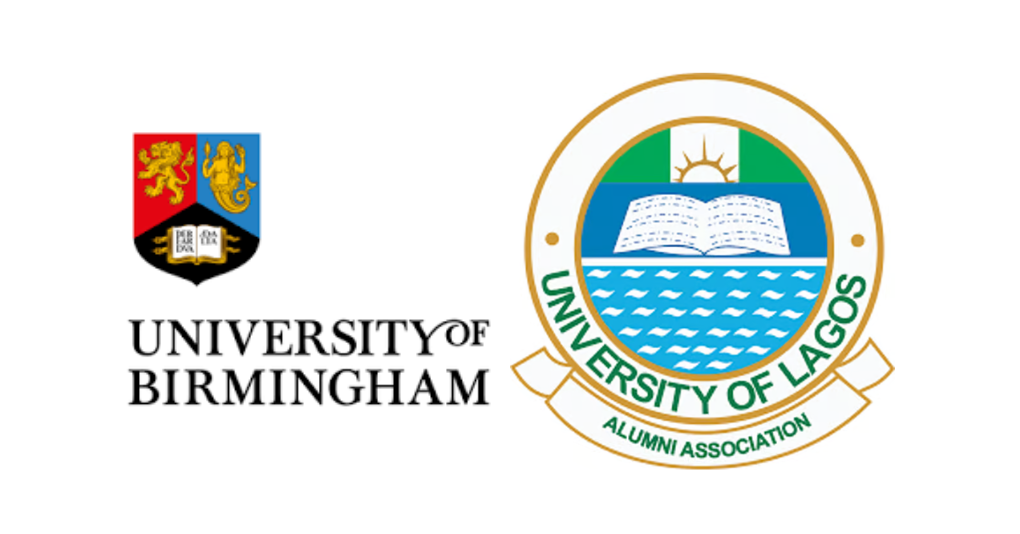
Be the first to comment on this post